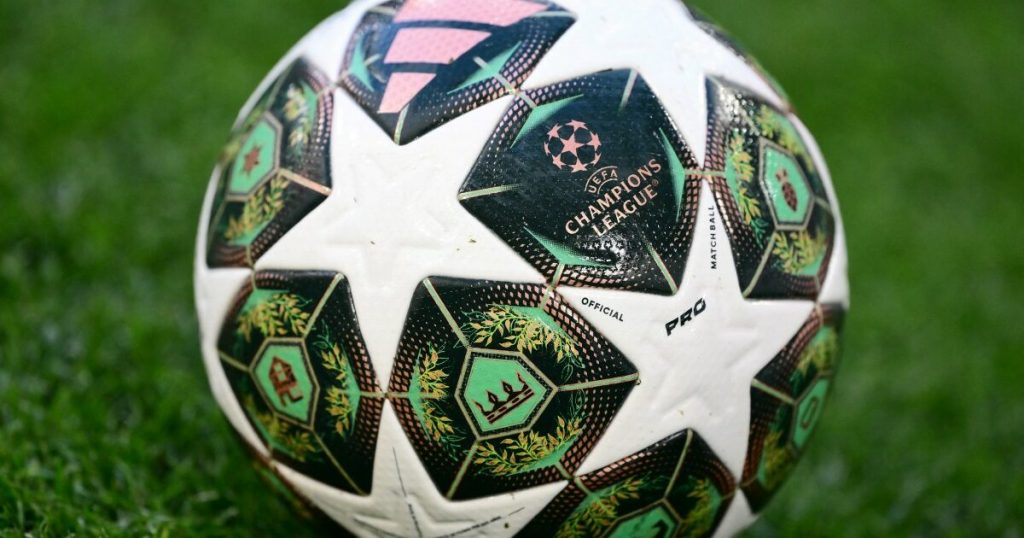The UEFA Champions League, the pinnacle of European club football, has witnessed the rise and fall of numerous prestigious clubs throughout its history. While giants like Real Madrid, with a record 15 titles, and Liverpool, boasting six triumphs, have etched their names into the annals of the competition, a select few have faced the ignominy of exclusion due to various transgressions. UEFA, the governing body of European football, has wielded its disciplinary powers to ban four clubs from participating in the Champions League, a punishment that carries significant sporting and financial repercussions.
The first two instances of such bans involved Turkish clubs embroiled in a match-fixing scandal in 2013. Beşiktaş, having secured a place in the group stage through their on-field performance, were stripped of their qualification due to their involvement in manipulating domestic matches. Their spot was subsequently handed to Tromsø, the team they had defeated in the qualifying rounds. Beşiktaş appealed the decision to the Court of Arbitration for Sport (CAS), but their efforts proved futile as the ban was upheld. Concurrently, Fenerbahçe, another Turkish powerhouse, faced a more severe penalty, receiving a two-year ban from UEFA competitions for their complicity in the same match-fixing scandal. The ban dealt a significant blow to Fenerbahçe’s European aspirations and their financial stability.
The most recent case of a Champions League ban involved the Italian giants, Juventus. In 2023, UEFA imposed a one-year ban on the Turin-based club, not for match-fixing, but for breaching Financial Fair Play (FFP) regulations. This marked a significant departure from the previous instances, as it highlighted UEFA’s commitment to enforcing financial responsibility within the footballing world. Juventus, two-time Champions League winners in 1985 and 1996, were excluded from all UEFA competitions for the 2023/24 season, a significant setback for a club accustomed to competing at the highest level.
A less prominent, yet equally noteworthy case, involved FK Pobeda from North Macedonia. In 2009, UEFA handed down an eight-year ban to the club for match manipulation in a 2004 qualifying match. This severe punishment underscored UEFA’s zero-tolerance policy towards any form of corruption that threatened the integrity of the game. In addition to the club’s suspension, the president of FK Pobeda and one of their players received lifetime bans from football-related activities. The ban on FK Pobeda was eventually lifted in 2017, allowing the club to resume its participation in UEFA competitions.
These instances of bans highlight the diverse nature of offenses that can lead to exclusion from the Champions League. From match-fixing, which strikes at the very core of fair competition, to breaches of financial regulations, which threaten the long-term stability of clubs, UEFA has demonstrated its willingness to take decisive action against any behavior that undermines the integrity and sustainability of European football. The severity of the penalties, ranging from one-year suspensions to eight-year bans and even lifetime exclusions for individuals, underscores the seriousness with which UEFA views these transgressions.
The impact of these bans extends beyond the immediate sporting consequences. Clubs lose out on valuable revenue streams from participation in the Champions League, including broadcasting rights, sponsorship deals, and matchday income. Furthermore, the reputational damage can be significant, affecting the club’s ability to attract and retain top talent, as well as impacting their relationships with fans and sponsors. The cases of Beşiktaş, Fenerbahçe, Juventus, and FK Pobeda serve as cautionary tales for other clubs, emphasizing the importance of adhering to the rules and regulations that govern European football.


